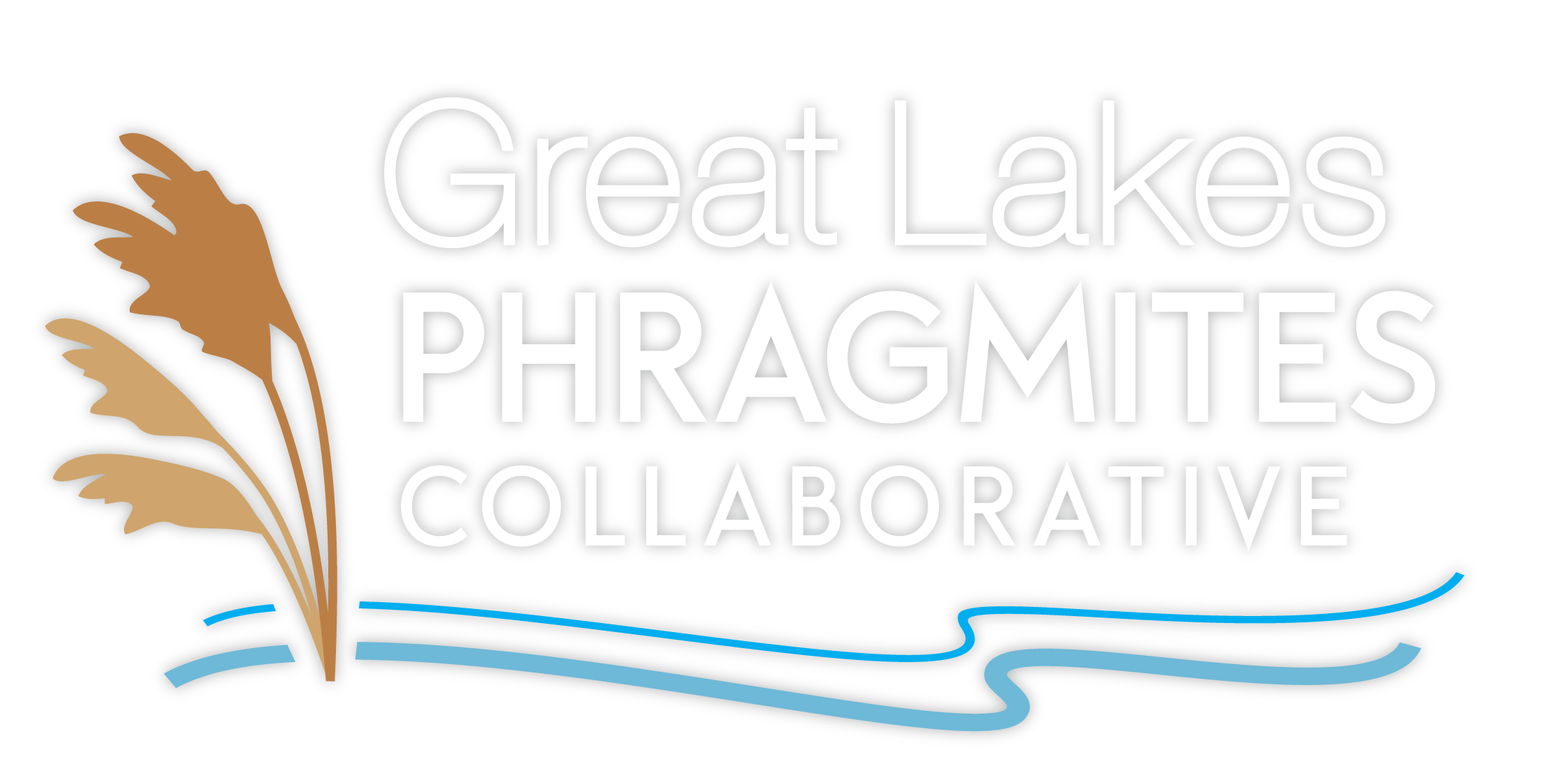Wetland plant communities are very sensitive to environmental change. Previous studies have demonstrated that wetland ecosystems respond strongly to variation in nitrogen (N) pollution, atmospheric carbon dioxide (CO2), and hydroperiod. Changes in any of these factors may alter the ability of wetland ecosystems to persist in a rapidly changing climate. At the same time, wetlands are also under siege by an introduced lineage of the common reed, Phragmites australis, which has the potential to be a .game-changer. due to its ability to alter both the structure and function of wetlands. In this webinar, Dr. Thomas Mozdzer will summarize his findings and discuss the effects of two global change factors . N pollution and elevated CO2 – on both native and introduced lineages of Phragmites. Dr. Mozdzer’s research suggests that global change, specifically increasing CO2 concentrations when combined with N pollution, will likely exacerbate the invasion of introduced Phragmites due to its greater phenotypic plasticity. In this analysis, Dr. Mozdzer will also identify the traits that make the introduced lineage so successful under current and near-future conditions. While N is a driver in the invasion process, his analysis provides some management insights. If we assume that global changes in CO2 are inevitable, the only tractable and manageable variables impacting future Phragmites invasions is N. Given the high N-demand of this lineage, limiting N pollution, even in a future high CO2 world, may limit future Phragmites invasions.
Phragmites and Climate Change
Author: T. Mozdzer, Bryn Mawr College
Year: 2014
Digital Object Identifier:
Type: Video, Webinar
Topic: Biology, Ecosystem impacts, Monitoring
